NEW LOCAL RACEHORSE RETIREMENT RULE:
A glimmer of hope for ex-racehorses,
but is it enough?
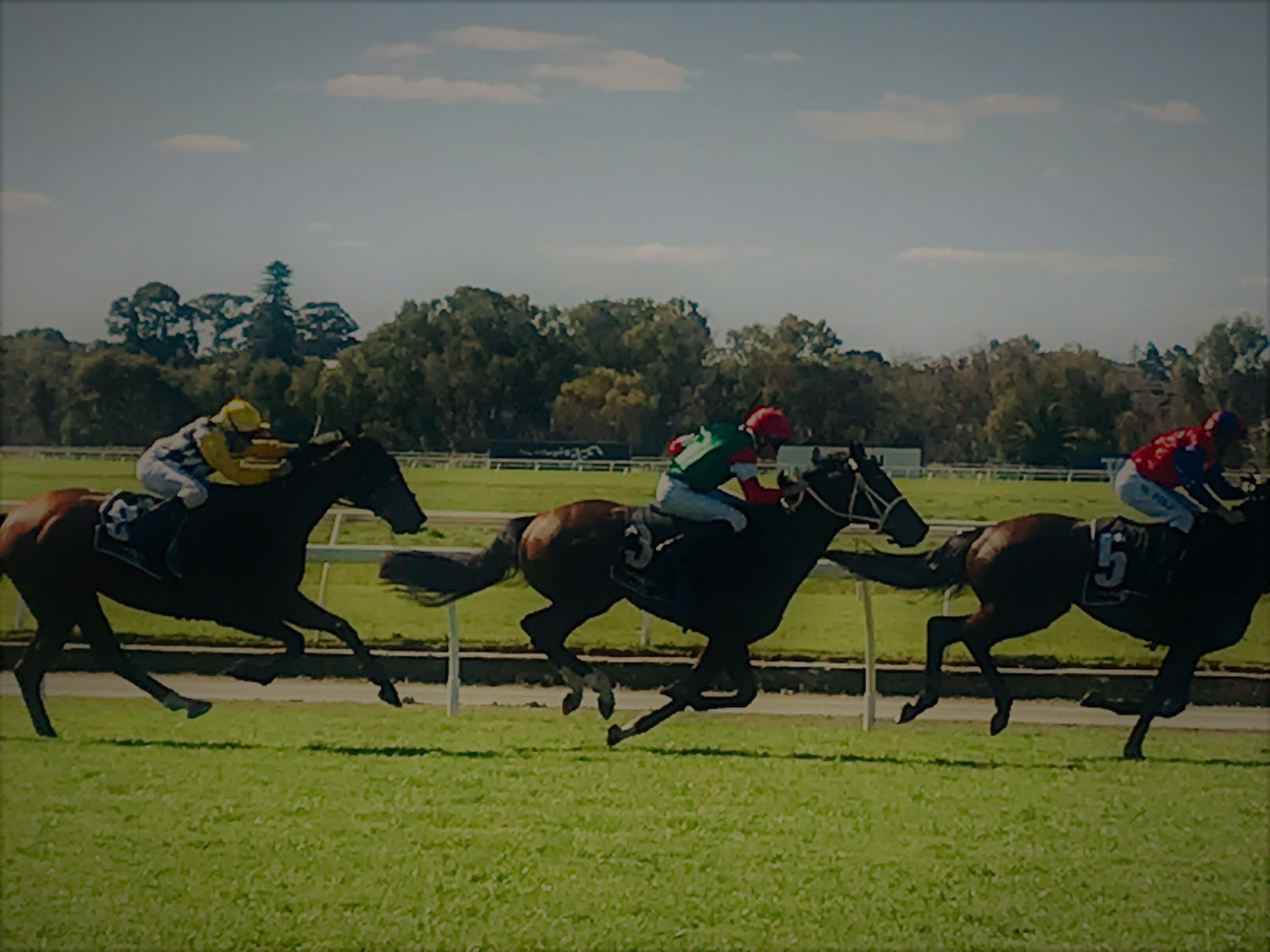
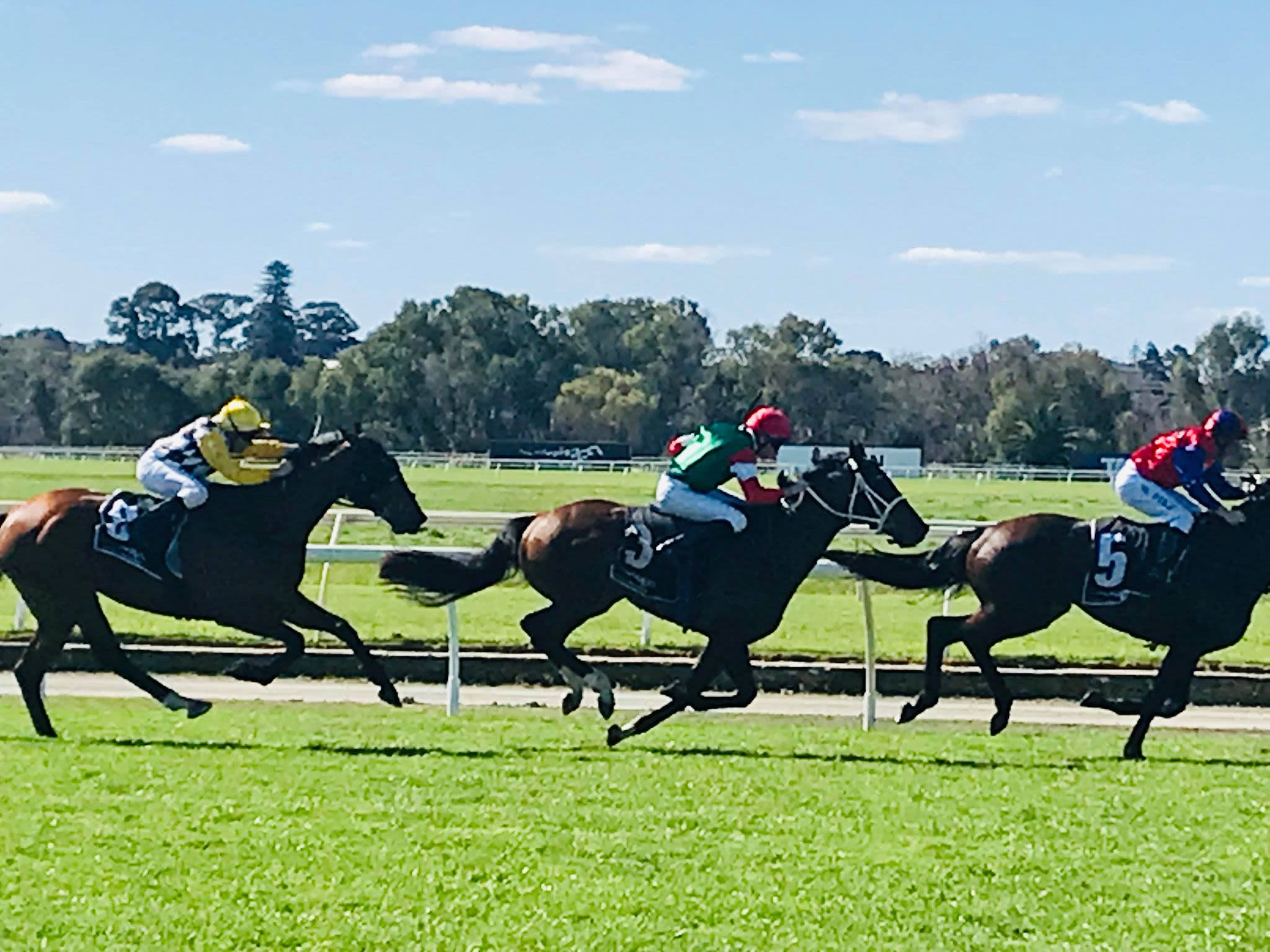
Photograph: Horses racing at Belmont Racetrack. (Melody Jelfs)
Photograph: Horses racing at Belmont Racetrack. (Melody Jelfs)
The year is 1998, and it is time for the Equestrian WA’s ‘Horse of the Year’ awards, one of the most prestigious events in for WA show horses.
As he trots through the show ring, head held in perfect collection, 10-year-old Crown Prince blows the judges away with his magnificent movement and exquisite conformation.
A beautiful silk sash is placed around his neck, and his rider sheds tears of pure joy as Crown Prince takes the prize as EWA Horse of The Year.
Crown Prince was a former racehorse when he claimed the title. It was a feat his owner, the late Phyllis Grant, could never have dreamed of when she bought him as a young, retired racehorse.
Crown Prince provides an outstanding example of the endless opportunities and successful riding careers former racehorses can have after retiring from the racing industry.
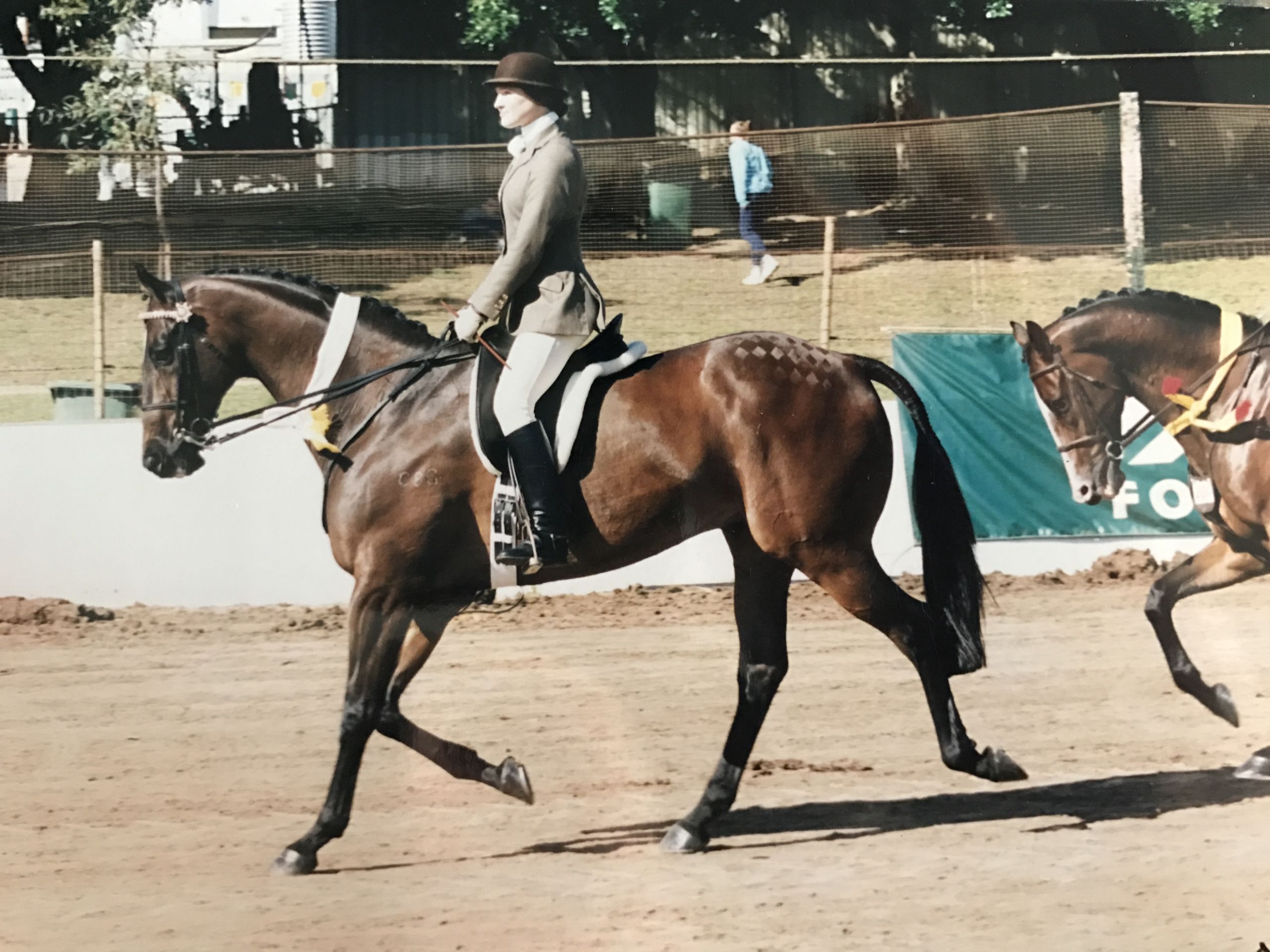
Crown Prince competing in the 1998 Horse of the Year Competition in Perth. (Candy Parkes)
Crown Prince competing in the 1998 Horse of the Year Competition in Perth. (Candy Parkes)
Sadly, not all racehorses are so lucky.
According to the RSPCA, 8500 thoroughbred racehorses retire from racing each year.
While most of the horses are either re-homed as riding horses or used for breeding, dozens are sent to slaughter.
The Australian Racing Board released that fewer than one per cent of retired racehorses were slaughtered in abattoirs, but animal welfare groups believe the number could be much higher.
A 2003 RSPCA survey of racehorse trainers found six per cent of retiring thoroughbred racehorses and 17 per cent of standardbred racehorses were slaughtered in the 2002 racing year.
A 2008 study by University of Queensland researcher Amanda Doughty found of the 9000 horses sent to abattoirs for slaughter each year in Australia, nearly 50 per cent of them could be former race horses.
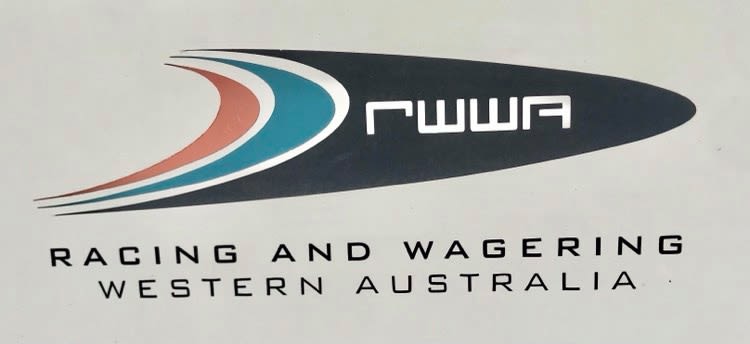
Racing and Wagering WA sign from outside the Osbourne Park head office. (Melody Jelfs)
Racing and Wagering WA sign from outside the Osbourne Park head office. (Melody Jelfs)
However, a new local retirement rule released by Racing and Wagering WA is providing hope for former race horses.
The rule, released under the Rules of Thoroughbred Racing, requires owners and trainers of race horses to make a demonstrated attempt to rehome or retire all healthy and behaviourally sound racehorses into careers as pleasure riding or performance horses.
Racing and Wagering WA general manager of racing integrity Denis Borovica said the new rule was part of wider efforts by RWWA to consistently uphold the highest animal welfare standards.
Under the rule, unless prior plans are in place for the horse to be bred or be re-homed, the owner or trainer must make at least two attempts to rehome the horse including advertising the horse for sale on at least two recognised media platforms, applying to re-home the horse for adoption, or consign the horse to auction.
Exemptions to the rule existed where the horse was injured or seriously ill, or where a horse was unsuitable for re-homing due to medical reasons or dangerous behaviour.
Mr Borovica said the retirement rule was now an official obligation on racehorse owners and harsh penalties would apply to people who flouted them.
“RWWA stewards are empowered under the Racing and Wagering Act and the Rules of Racing and can impose penalties of disqualification, suspension, cancellation of licence and fines of up to $100,000,” Mr Borovica said.
The introduction of this rule is a step which Perth former racehorse owners, Candy Parkes and her sister Sophie, strongly support.
The sisters are granddaughters of Crown Prince’s owner, Phyllis Grant, and they share their grandmothers passion for rehoming retired race horses.
“I believe every horse should be given the opportunity of a different life after racing," Candy said.
"Horses can live for more than 30 years and they shouldn’t be terminated after five to ten years just because they are no longer racing.”
Candy has trained and competed former race horses in multiple disciplines, including as show horses, show jumping and eventing, and said the horses are extremely flexible in the careers they can have once retiring.
“Thoroughbreds are the most versatile breed of horse," Candy said.
"They are very athletic and come in a range of heights, temperaments and colours, so there is always something to suit you.”
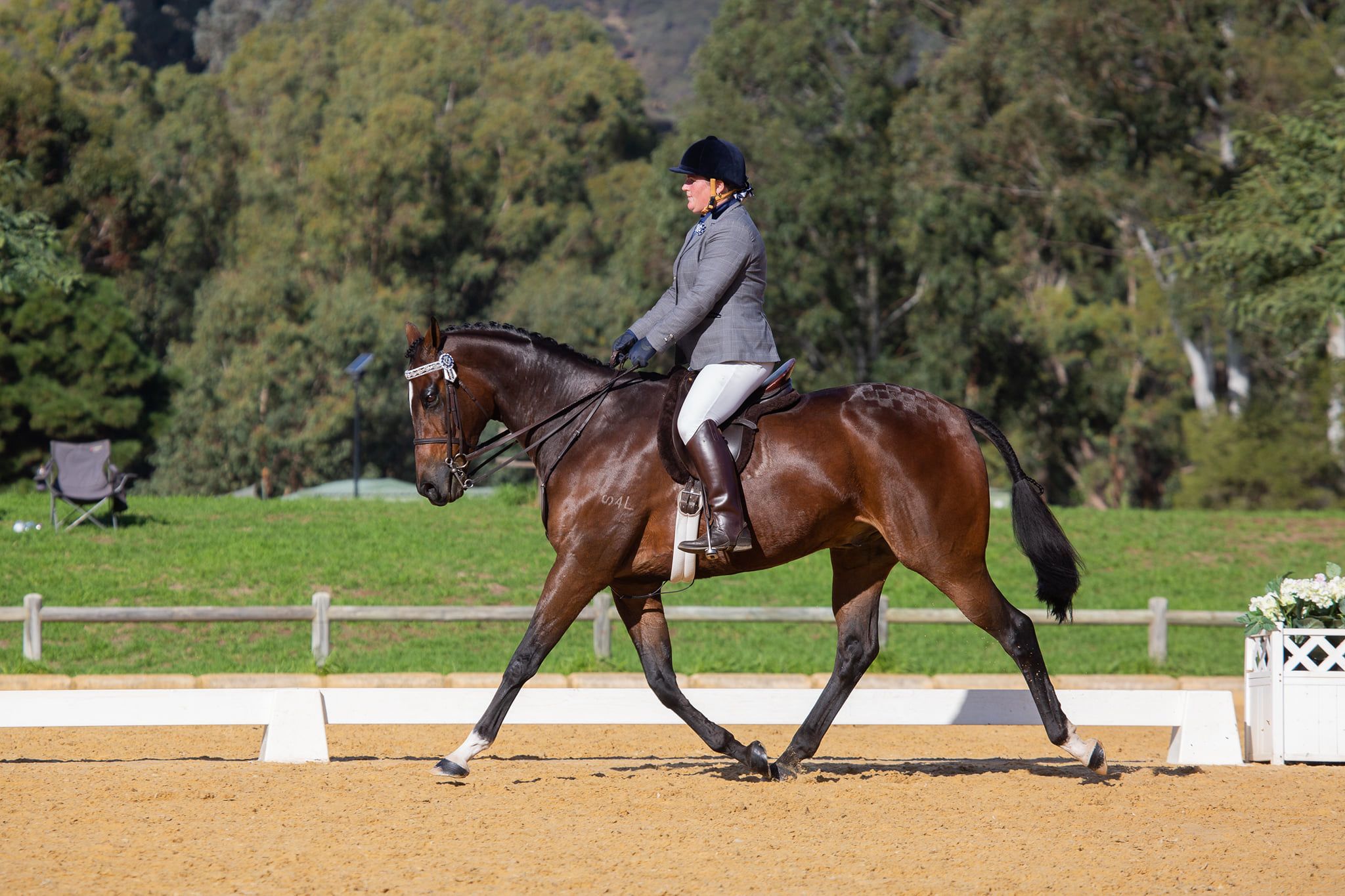
Candy Parkes riding her ex-racehorse Major. (Candy Parkes)
Candy Parkes riding her ex-racehorse Major. (Candy Parkes)
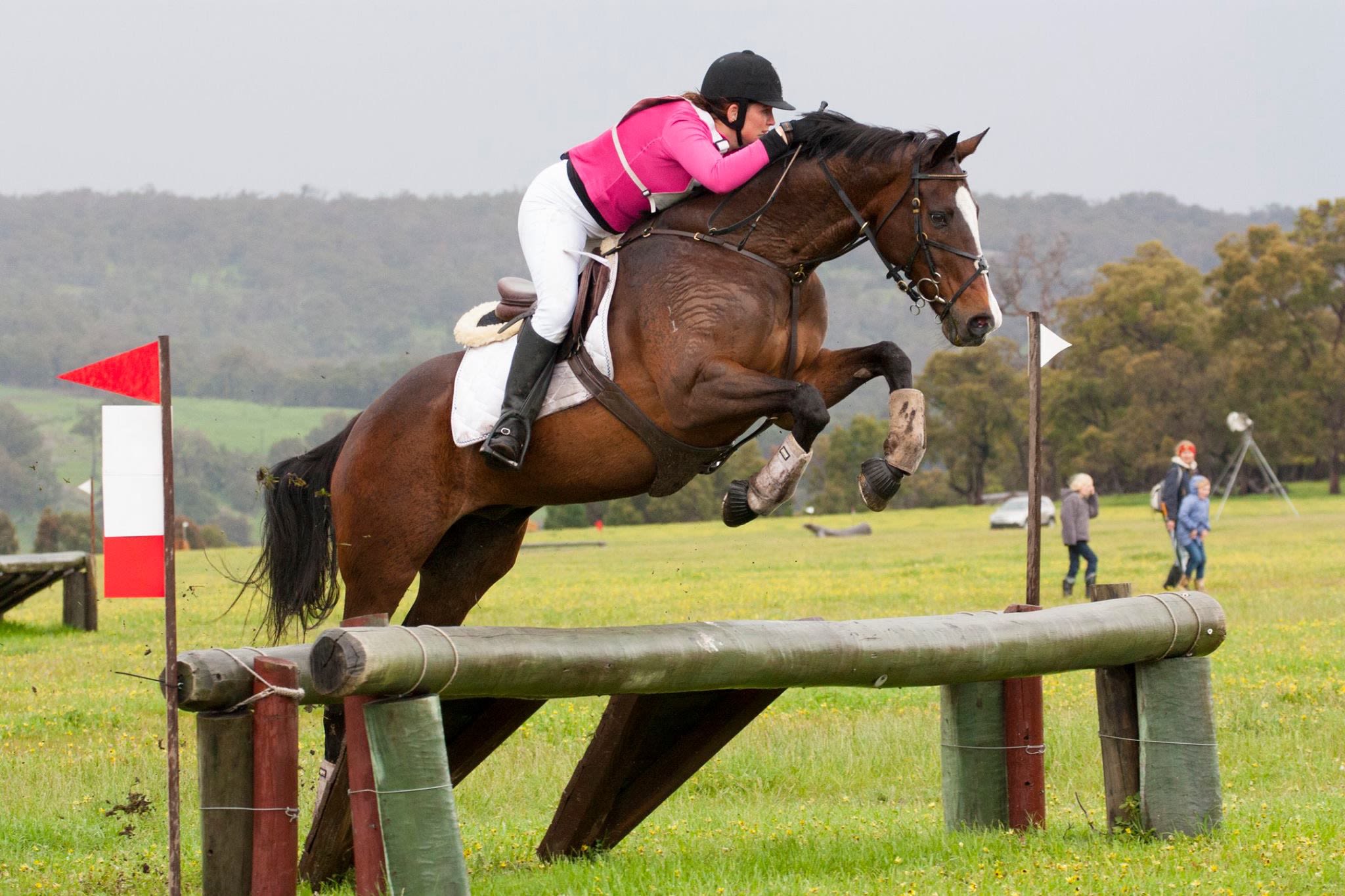
Sophie Parkes riding her ex-racehorse Major. (Sophie Parkes)
Sophie Parkes riding her ex-racehorse Major. (Sophie Parkes)
Her sister Sophie also trained and competed retired racehorses, and said while retraining ex-racehorses could be extremely difficult, the end result was worth it.
“The issue is that horses are raced at very young age when their brain hasn’t fully developed," she said.
"You need to give them time and consistent training to get their brain to settle, as most of them are quite anxious.
“Retraining is very rewarding. Their personalities grow, they gain confidence and they learn to trust people.
“That is a really beautiful thing.”
The sisters also run and coach at Yarrada Farm riding school in Upper Swan, where former racehorses account for 20 out of 22 of their stock.
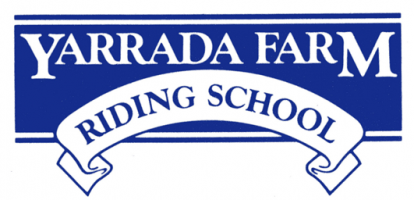
But Australian political micro-party The Animal Justice Party believe the RWWA rule does not go far enough.
The party has campaigned on a platform of increasing the welfare of animals.
Animal Justice Party WA acting State convenor Michael Andagno said while the retirement rule was mostly a positive step in the welfare of racehorse, more needed to be done.
“Overall, the Animal Justice Party would like to see the rehoming and rehabilitation of ex racehorses become legislation, and eventually seek to ban the slaughter of race horses altogether,” he said.
“We hope that further improvements will be made, although ultimately we will always advocate for the industry as a whole to end.”
Despite the criticism, RWWA's Denis Borovica said the organisation had already received a "huge" demand for former race horses through its Off the Track WA retraining program.
Off the Track provides former racehorses with the necessary skills and experiences to transition from racing to a career as a pleasure or performance horse.
“RWWA sold more than the target of 40 retrained horses in the first year, and around 50 people are on the waiting list,” he said.
To find out more about the Off The Track Program head to their website: www.offthetrackwa.com.au
From Off the Track To Show Horse- Photo Montage of Sophie Parke's and Candy Parke's Ex-Racehorses. Music Credit: Dreams- Bensound Royalty Free Music
From Off the Track To Show Horse- Photo Montage of Sophie Parke's and Candy Parke's Ex-Racehorses. Music Credit: Dreams- Bensound Royalty Free Music
